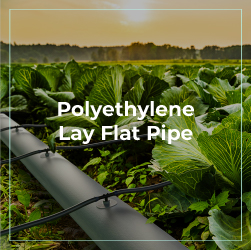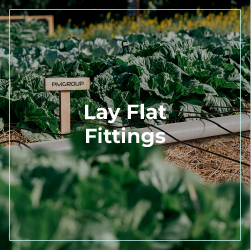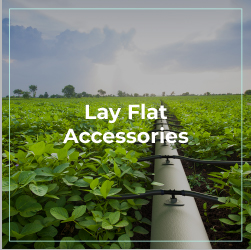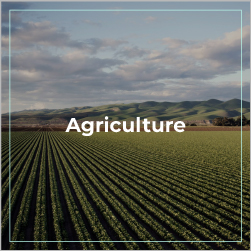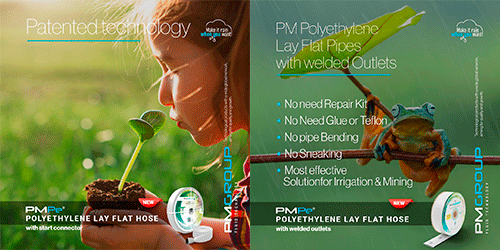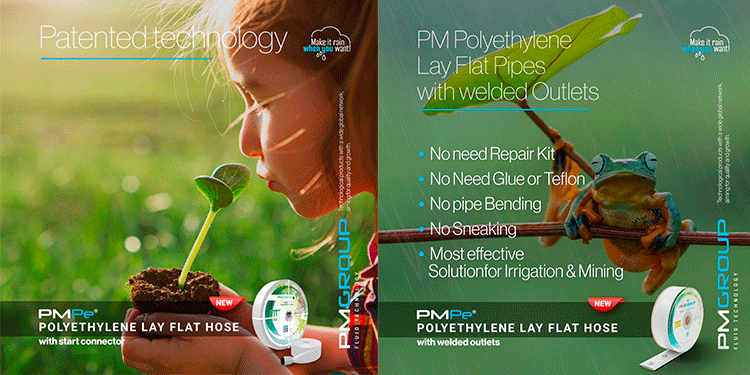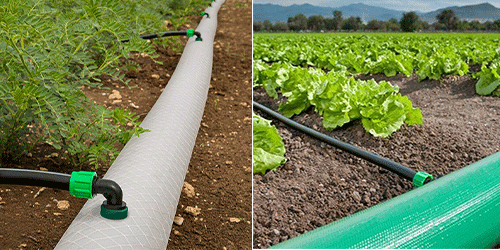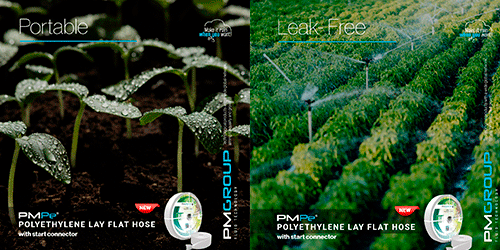Moreover, the long-term economic benefits of drip irrigation extend beyond individual farms. As water conservation becomes critical globally, widespread adoption of this method can lead to significant reductions in water demand, alleviating pressure on local water supplies. This can result in more stable water prices and ensure that communities have access to the resources they need for both agricultural and non-agricultural uses. Additionally, the increased crop yields associated with irrigation can enhance food security and contribute to rural development. Farmers can sell surplus produce, thus improving their livelihoods and stimulating local economies.
Drip Irrigation Water Conservation
Drip irrigation systems deliver water directly to the root zone of plants, minimizing water loss. In traditional irrigation methods, water is often lost through evaporation and surface runoff. Research indicates that using drip irrigation can achieve water savings of 30-70%.Furthermore, the precision of irrigation minimizes weed growth, as water is delivered directly to the plants, reducing competition for resources. This leads to lower herbicide usage, benefiting both the environment and human health. As more farmers recognize these advantages, the potential for irrigation to transform agricultural practices and contribute to a greener planet becomes increasingly clear. By investing in this technology, we not only secure agricultural productivity but also protect our precious natural resources for future generations.
Drip Irrigation Reducing Soil Erosion
Regular and excessive watering can lead to soil erosion. Drip irrigation helps maintain soil structure by allowing water to be absorbed more efficiently. This results in reduced soil loss and increased productivity of agricultural land.
By delivering water directly to the roots, irrigation promotes healthier plant growth. It reduces the risk of root rot associated with overwatering. Additionally, this system facilitates the effective uptake of essential nutrients by plants.
Traditional irrigation systems often require significant energy consumption, while drip irrigation operates with lower energy requirements. Reduced water pumping leads to energy savings, lowering costs for farmers.
Decreasing Environmental Impact
Drip irrigation helps conserve natural resources by reducing water consumption, thereby ensuring the sustainability of water sources. Moreover, using less chemical fertilizers and pesticides minimizes environmental pollution.
Drip irrigation not only optimizes resource use but also plays a crucial role in promoting sustainable agriculture. As climate change increasingly affects water availability, the implementation of efficient irrigation systems becomes vital for food security. By using irrigation, farmers can ensure that crops receive adequate moisture without over-exploiting water resources. This method is particularly beneficial in arid and semi-arid regions, where water scarcity is a pressing issue.
Although the initial setup cost for a drip irrigation system can be high, it significantly reduces long-term water and energy expenses
Furthermore, integrating drip irrigation with modern technology—such as soil moisture sensors and automated systems—can optimize water usage even further. These innovations allow farmers to monitor their crops in real time, ensuring that irrigation schedules align with actual plant needs, which minimizes waste and maximizes efficiency. As agricultural practices evolve, the combination of traditional knowledge and technological advancements can lead to more resilient farming systems that are better equipped to face the challenges of climate change.
Drip irrigation is a nature-friendly agricultural method that offers various benefits. With advantages like water conservation, reduced soil erosion, improved plant health, and energy savings, it provides economic gains for farmers. The adoption of this system is crucial for protecting the environment and enhancing agricultural productivity. For a more sustainable future in farming, the widespread use of irrigation is essential.

